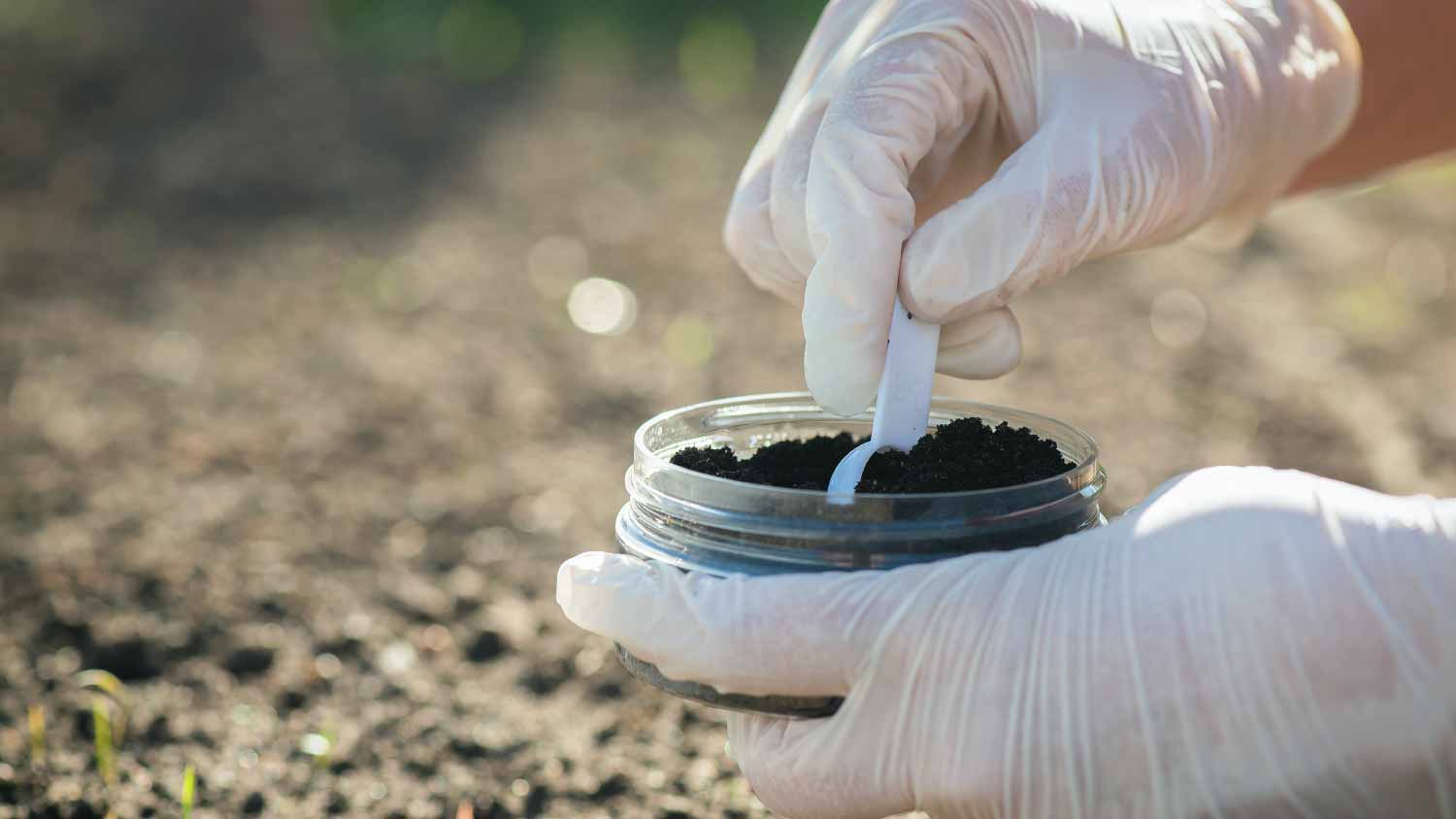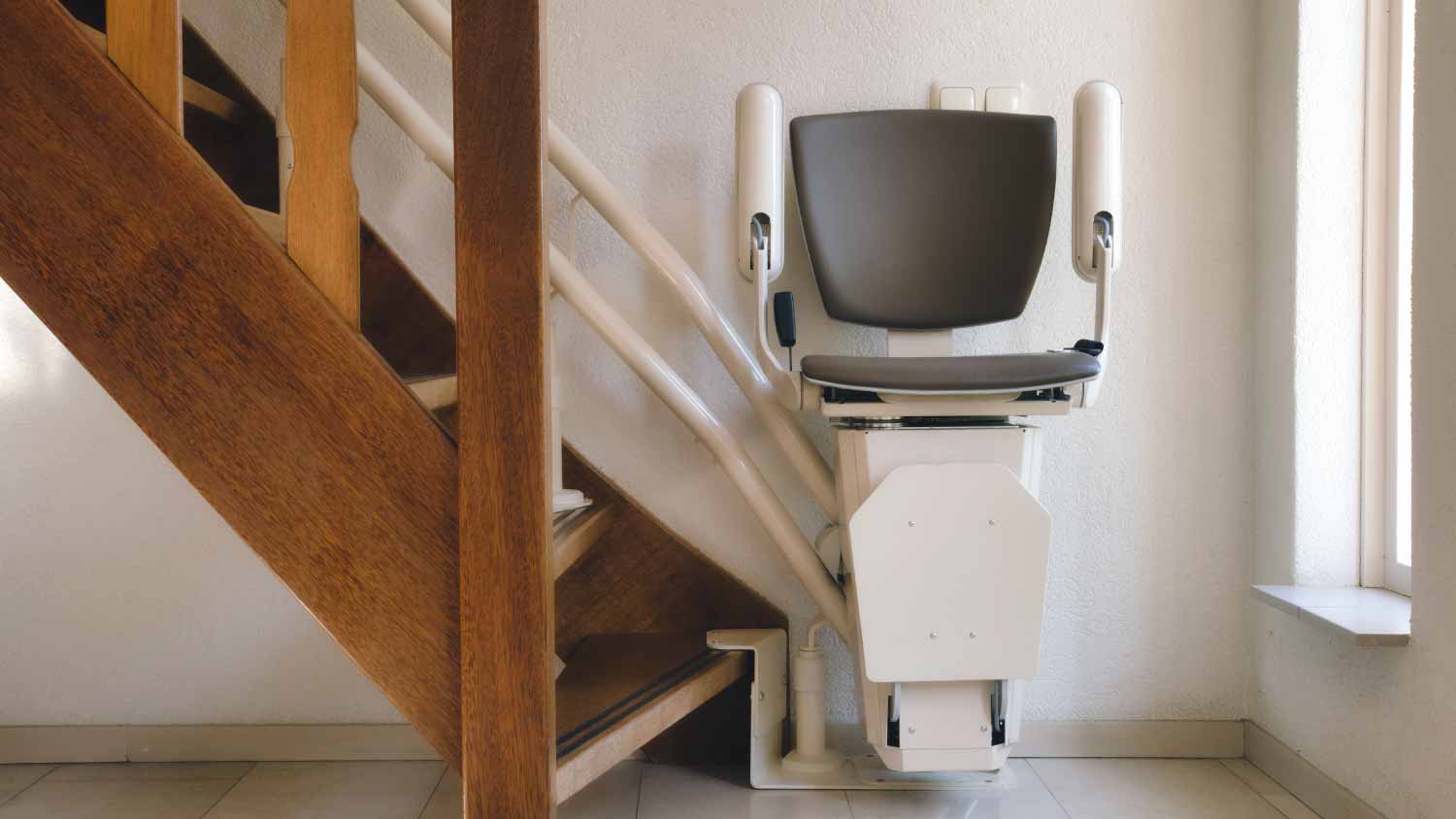
Sometimes, all your home needs is a new wall to make a room or provide an updated function to an existing space. Learn how much it costs to install a new wall.
A soil engineer or soil testing company can test your soil


If you want a lush lawn and thriving plans, soil testing may be top of mind. A soil engineer can perform a soil test for you so you understand your soil’s nutrient levels and what you need to do to meet your gardening goals. This guide will dive into the benefits of a soil engineer and whether it makes sense to work with one.
Formally referred to as a geotechnical engineer, a soil engineer conducts soil tests to analyze soil and provide all types of property owners with valuable information. Once a soil engineer performs a soil test, they can inform you of the type of soil you have, how much nitrogen, phosphorus, and potassium it contains, its density and strength, and the likelihood your home will eventually settle or shift. Often, a soil engineer will partner with a laboratory to ensure the most accurate soil testing results.
A soil engineer is a skilled professional with a license in your state. In most cases, they need a civil engineering degree and/or an additional license in geotechnical engineering. Soil engineers are also required to pass the National Council of Examiners for Engineering and Surveying (NCEES) test and gain relevant work experience.
With a soil engineer, you can ensure your soil test adheres to the local rules and regulations in your area. This can reduce the risk of building code violations and make it easier to obtain certain permits. Additionally, professional soil testing by a soil engineer can give you an in-depth look at what’s going on with your soil and recommendations for which fertilizers to use and how to care for it properly.
As you shop around for soil engineers, you might find lawn care professionals who also offer soil testing. While they may not possess the high level of education and experience you can expect from a soil engineer, a lawn care pro can still be a good option if you need to complete a soil test. If you’re already using their other services, such as mowing or landscaping, this can also save you time and money.
Fortunately, most lawn care professionals who provide soil testing as a standalone or add-on service send soil to a professional lab for a comprehensive analysis, which often includes micronutrient levels and expert recommendations to help you keep your soil in optimal shape. Before you move forward with a lawn care pro for soil testing, do some research and make sure they have the relevant tools and experience.

So, how exactly does soil testing work? To perform a soil test, a soil engineer will use a special probe or sharp spade and take multiple soil samples from certain spots in your yard. They’ll be sure to take the same amount of soil from every location they choose. Then, the soil engineer will remove any twigs, rocks, roots, or other unnecessary debris that may interfere with the results. Once they have what they need, they’ll send the soil to a certified soil testing lab. From there, they’ll provide you with the results, suggest fertilizers, and explain how you can use the soil test to meet your goals.
Soil testing varies in price and depends on whether you DIY or hire a soil engineer or a related professional. While you can conduct a soil test on your own for only $15, the information you receive will likely be very basic. A more advanced soil test from a soil engineer with more detailed information will likely run you between $100 or $200 per hour or $1,000 to $2,000 per day. Since there are a number of soil tests available, the type of test you choose will also play a significant role in soil testing cost.
You can pick up a soil test, which may sometimes be referred to as a perc test at a local home improvement or home and garden store, and complete it yourself. However, in some cases, it may be worthwhile to hire a soil engineer. If you’ve been trying to resolve soil challenges with minimal to no success, a soil engineer can be helpful as this is the best time to do a soil test. A soil engineer might also be a solid option if you’re constructing a fence, building, or any other structure and want to determine whether your soil is capable of supporting it. In addition, they can inform you of what to do if your land fails a perc test.
From average costs to expert advice, get all the answers you need to get your job done.

Sometimes, all your home needs is a new wall to make a room or provide an updated function to an existing space. Learn how much it costs to install a new wall.

The cost to frame a house can vary depending on the size of your home, the structure you’re building, and your materials. Keep reading to learn how much framing your house might cost.

Use our guide to calculate the cost to install a stair lift in your home. Prices depend on the type of stair lift, including the seat style and other advanced features.

Curved staircase chair lifts can enhance your home’s safety and accessibility. Use this guide to learn how much they cost to install based on factors like staircase size and lift type.

Have stair lift questions? Before installing or replacing a stair lift, discuss these key questions with your contractor to ensure a smooth and safe project.

To create a comfortable indoor environment, learn how to soundproof a ceiling. We’ll break down the different ways to get it done.